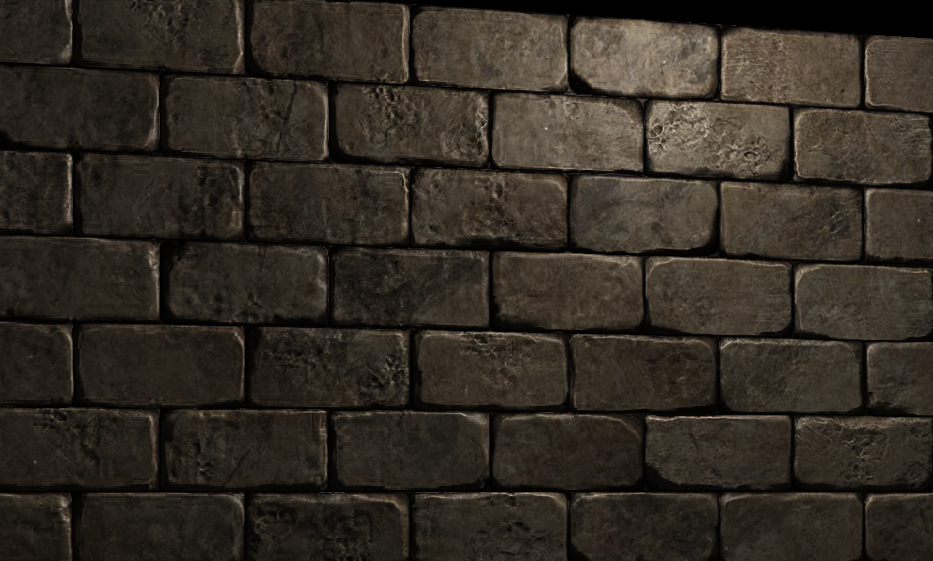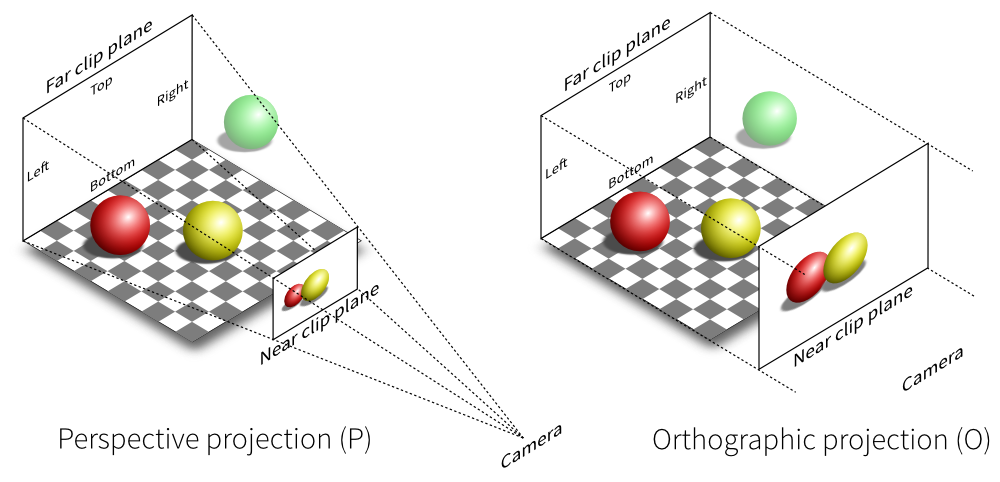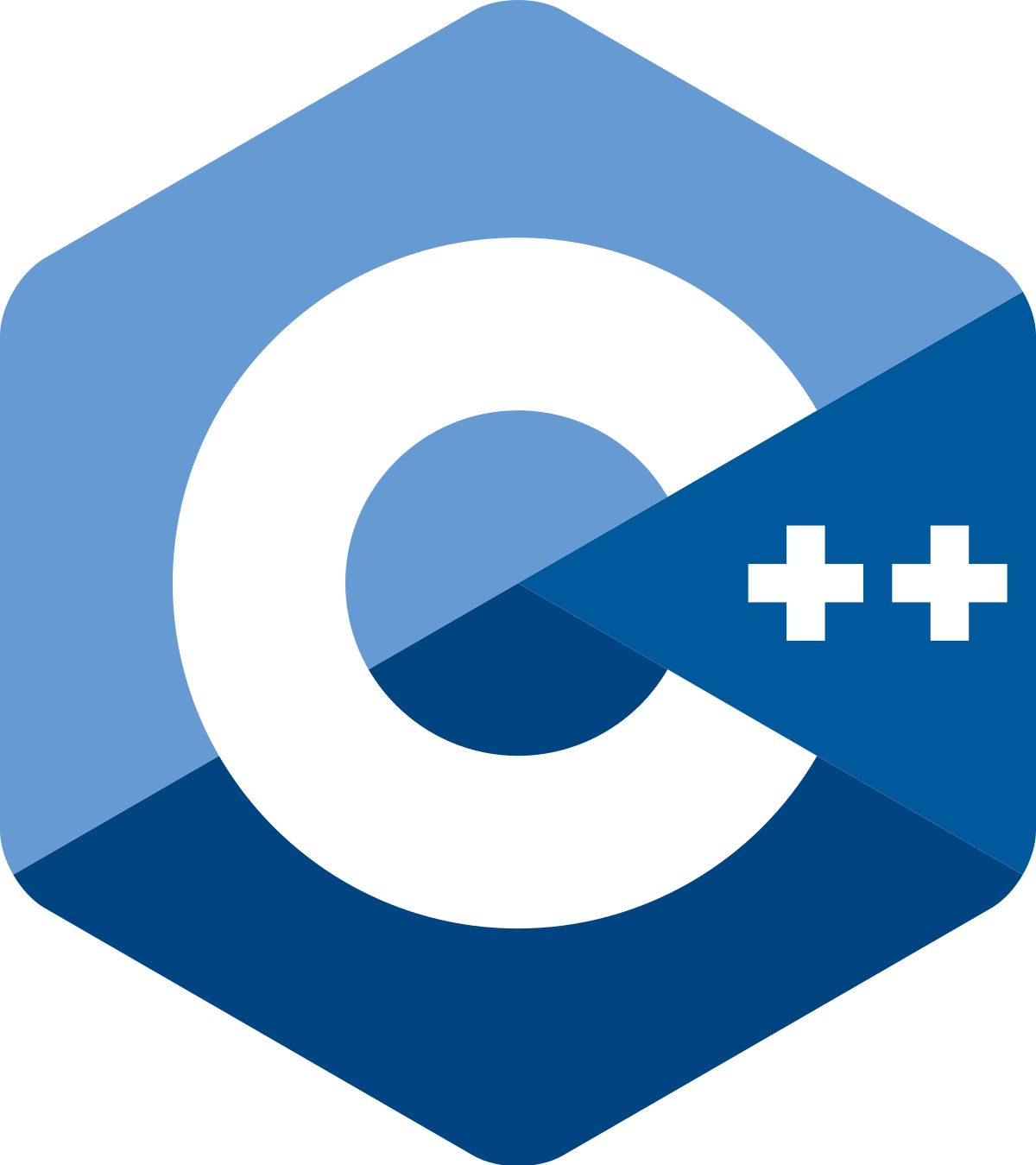字符串Hash学习总结
定义
字符串Hash简单来说就是:把字符串有效地转换为一个整数。
Hash函数
就是使得每一个字符串都能够映射到某一个整数上的函数
常见的Hash函数网上都能找到这里就不说了。
BKDRHash
本算法由于在Brian Kernighan与Dennis Ritchie的《The C Programming Language》一书被展示而得名,是一种简单高效的Hash算法,也是Java目前采用的字符串的Hash算法(累乘因子为31)。
$hash[i]=hash[i-1] \times p + str[i]$
这样做相比其他Hash函数还有一个极大的好处:
我们可以预处理 $p$ 的幂,假设字符串 $str$ 从1开始编号,那么有$hash[l..r]=hash[r]-hash[l-1] \times p^{r-l+1}$。
这样我们就可以$O(len)$预处理出一个字符串的Hash值,然后$O(1)$得到其任意区间内的Hash值。
注意是否取模的问题,见下。
双Hash
只使用BKDRHash来比较字符串还是有很多冲突的(因为它默认对$2^{64}$等取模),我们可以考虑自己取模,我们选取Java采用的累乘因子$p=31$,因为实践得到这个累乘因子效率很高,我们考虑取两个模数$mod1=1e9+7,mod2=1e9+9$,这是一对孪生素数,这样做以后,冲突概率就极小,可以较为放心地使用。
取模问题参见下面代码
双Hash实现
例题:字符串匹配,给定两个字符串 $s$ ,$t$,求出 $t$ 在 $s$ 中的匹配位置,如果无法匹配,则输出$No$。
1
2
3
4
5
6
7
8
9
10
11
12
13
14
15
16
17
18
19
20
21
22
23
24
25
26
27
28
29
30
31
32
33
34
35
36
37
38
39
40
41
42
43
44
45
| #include <bits/stdc++.h>
using namespace std;
const int mod1 = 1e9 + 7;
const int mod2 = 1e9 + 9;
const int h = 31;
typedef unsigned long long HashType;
const int MAX = 1000005;
HashType pow1[MAX], pow2[MAX];
struct HashString {
HashType h1[MAX], h2[MAX];
inline HashType getIntervalHashCode1(int l, int r) {
return (h1[r] - ((h1[l - 1] * pow1[r - l + 1]) % mod1) + mod1) % mod1;
}
inline HashType getIntervalHashCode2(int l, int r) {
return (h2[r] - ((h2[l - 1] * pow2[r - l + 1]) % mod2) + mod2) % mod2;
}
inline void init(const char *s, int len) {
for (register int i = 1; i <= len; i++)
h1[i] = ((h1[i - 1] * h) % mod1 + s[i]) % mod1, h2[i] = ((h2[i - 1] * h) % mod2 + s[i]) % mod2;
}
} S, T;
inline void getPow(int n) {
pow1[0] = pow2[0] = 1;
for (int i = 1; i <= n; i++)
pow1[i] = (pow1[i - 1] * h) % mod1, pow2[i] = (pow2[i - 1] * h) % mod2;
}
char s[MAX], l[MAX];
int lens, lenl;
int main() {
ios::sync_with_stdio(0);
cin.tie(0);
cin >> s + 1 >> l + 1;
lens = strlen(s + 1);
lenl = strlen(l + 1);
getPow(lens);
S.init(s, lens);
T.init(l, lenl);
register int L_hash1 = T.getIntervalHashCode1(1, lenl), L_hash2 = T.getIntervalHashCode2(1, lenl);
register bool flag = true;
for (register int i = 1, range = lens - lenl + 1, len1 = i + lenl - 1; i <= range; i++, len1 = i + lenl - 1)
if (S.getIntervalHashCode1(i, len1) == L_hash1 && S.getIntervalHashCode2(i, len1) == L_hash2)
cout << i << "\n", flag = false;
if (flag) cout << "NO";
return 0;
}
|



